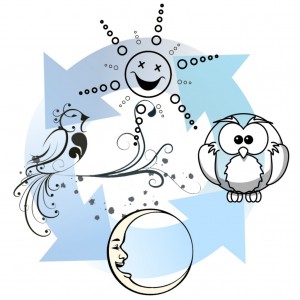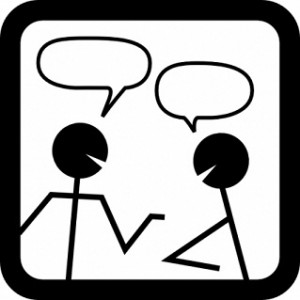– Science will save your Life, but it may forget about your Soul – Dear Experts, Congratulations, you have scared the world senseless. Has it been worth it, turning the whole globe over its head and back, and then shaking it around a bit more? And if it has, who do you think it’s been worth it for the most? The lone, isolated and “plugged-away” individual perhaps? Or the businessman that is making that individual’s life convenient, entertained and distracted?
You have convinced us that we are born to be sickly for as long as we breathe, and that you also happen to have the perfect cure. You have convinced us that we, yet again, seem to take a liking to the idea of living in a world of segregation and that we can use our own democracy to vote it in. And while people distract themselves in arguing, our governments, politicians and everyone else supporting this world-wide movement are just like any true war profiteer, cashing in – cashing in so they can build us an even better future. So the claim goes. Of course, we used to have wars in trenches with fingers pulling triggers, now they are in people’s bedrooms, with fingers trolling social threads. All the while, the world is being promoted to be in some form of perpetual state of emergency.


 It has been exactly one year since I posted the
It has been exactly one year since I posted the 
 A friend sent me a
A friend sent me a  A couple of months ago I wrote an
A couple of months ago I wrote an 
 How many times have you seen a debate, where you loved and praised the person you supported and were annoyed by and scorned the person that you were not supporting? This is because debates are by definition constructed to produce this result. The point of a debate is for each side to use any means to persuade the other side until one prevails with a “superior context”, rather than to find understanding or even common ground in one another’s viewpoints.
How many times have you seen a debate, where you loved and praised the person you supported and were annoyed by and scorned the person that you were not supporting? This is because debates are by definition constructed to produce this result. The point of a debate is for each side to use any means to persuade the other side until one prevails with a “superior context”, rather than to find understanding or even common ground in one another’s viewpoints. Ken Robinson delivered one of my favorite TED talks to date. His simple message explains how important it is to cultivate creativity within us and our children and also how important it is to recognize our natural aptitudes that give us full meaning and then pursue them. I am also impressed by how naturally he draws in his audience with humor and then switches back to important matters.
Ken Robinson delivered one of my favorite TED talks to date. His simple message explains how important it is to cultivate creativity within us and our children and also how important it is to recognize our natural aptitudes that give us full meaning and then pursue them. I am also impressed by how naturally he draws in his audience with humor and then switches back to important matters.